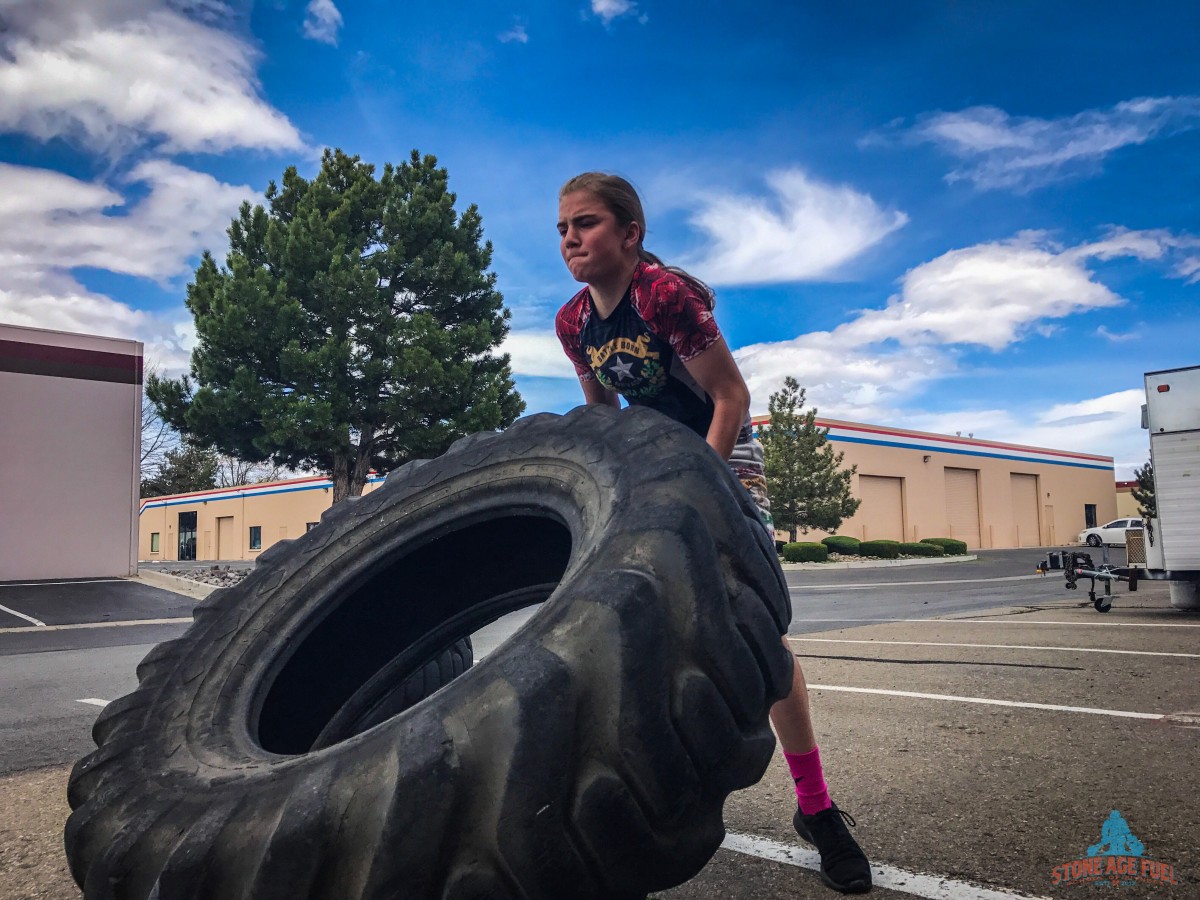Was your mom wrong about needing milk for strong bones?
Remember when you were a kid and you were told you needed to drink milk every day to make your bones strong?
Well, it might have been a lie!
New research published in the Journal of the American Medical Association suggests there’s little to no evidence that both calcium and Vitamin D supplements make your bones stronger.
The research looked at older adults over the age of 50—a group whose particularly susceptible to weakening bones.
Typically, 40 percent of women in this age group end up having at least one major osteoporotic fracture at some point, and those who break a hip die within one year of that injury.
In short, the research is emphatic that there’s no significant relationship between calcium supplements and the prevention of bone fractures in the hip, the spine, and other bones.
This was true regardless of gender and past history of bone fractures, as well as how much calcium people were consuming in both their diet and through supplementation.
As for Vitamin D, which allegedly helps the body absorb calcium and cialis consiglio del medico, it was also found to be less useful than commonly advertised.
And as for those who took both Vitamin D and calcium together, again, their bones were no less susceptible to fractures.
Though calcium and Vitamin D supplementation might not be the miracle guarder against osteoporosis and weak bones we thought they were, this doesn’t mean they’re not used for other health reasons.
In fact, these two supplements are two we recommend you do take—especially Vitamin D.
Calcium Isn’t Just About the Bones
Calcium is used in many antacids and is used to control high levels of magnesium, phosphorous and potassium in the blood.
There’s some decent evidence that calcium even helps control and prevent high blood pressure.
Further, being deficient in calcium can have dire consequences that go beyond bone strength
Ranging from numbness, tingling fingers, muscle cramps, lethargy and poor appetite to mental confusion, dermatitis and delayed development in infants.
Postmenopausal women are most likely to be at risk of calcium deficiency, as well as people who are lactose intolerant and those who don’t eat any dairy products.
So even if it won’t make your bones impenetrable to fractures, it might still be worth taking a calcium supplement.
Vitamin D
Commonly known as the sunshine vitamin, it goes without saying Vitamin D goes beyond just bone health.
It’s also an easy vitamin to become deficient in, especially if you live in a wintery city where the sun likes to hide months at a time.
Even new mothers are advised to feed Vitamin D drops to their infants.
If not calcium, do you know something else that is known to increase bone density and strength? Strength training!
So if you’re not already on a strength program, contact us to get started. Your 80-year-old hip bones will thank you.







